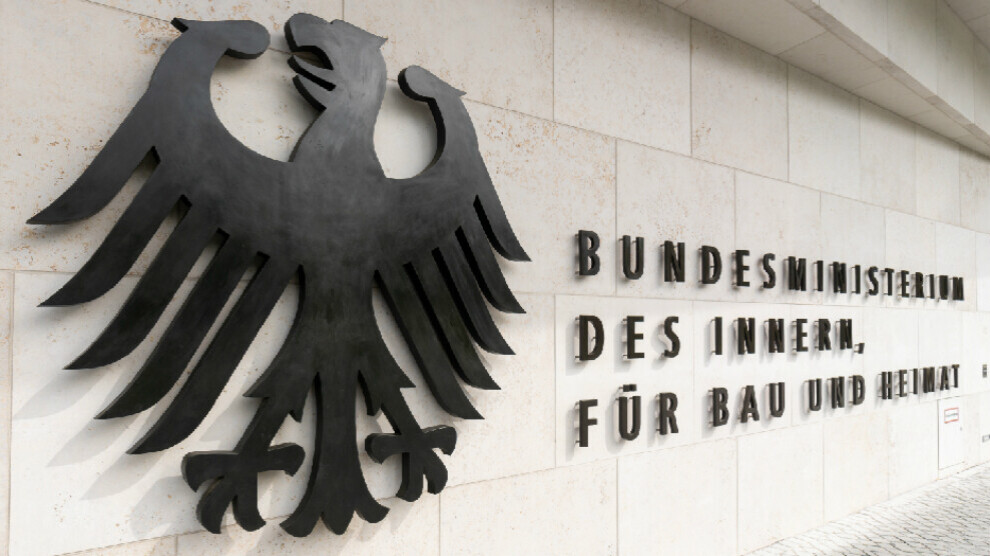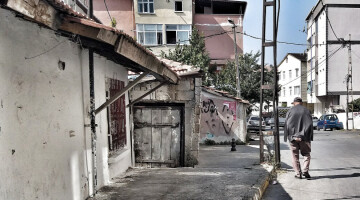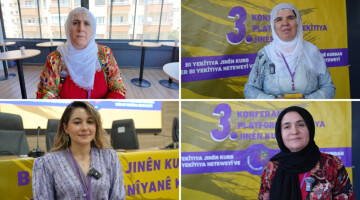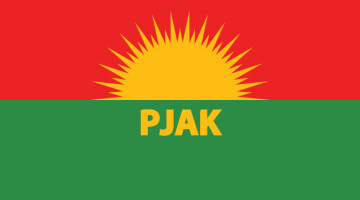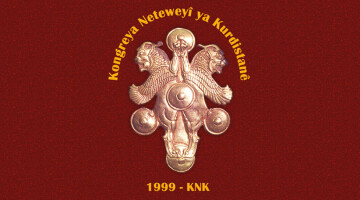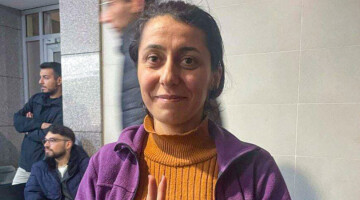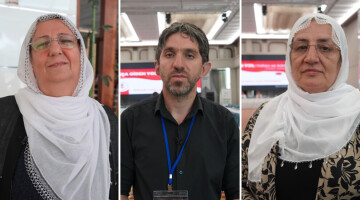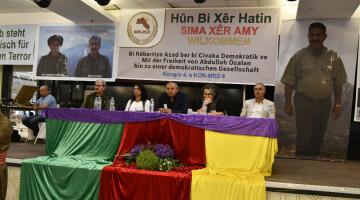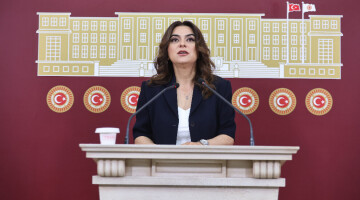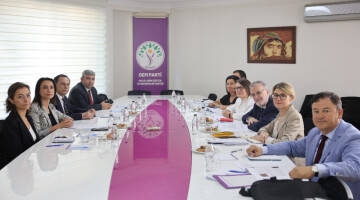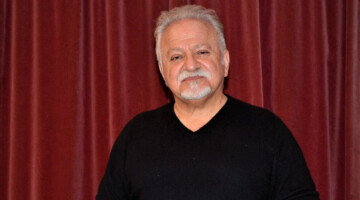Left Party deputy Gökay Akbulut presented a question to the Bundestag regarding refugees, whom the German state prohibited from doing politics in accordance with Article 47 of the "Immigration Law". Akbulut asked about the origin of the politicians hit by the order, and was answered by the Interior Ministry on behalf of the Federal Government.
In this response, the Scholz government disclosed for the first time information about how many foreigners have been banned from politics. Stating that 13 foreigners are currently banned from participating in politics, the ministry said that the order given to one person is temporary while for the other 12 is indefinite. Eight of those hit by the political ban are currently living in Germany: 4 in Baden-Württemberg, two in NRW, one Bavaria and one in Saxony.
Six Kurdish politicians hit by the order
In its response, the Ministry of Interior, said that 6 of the immigrants who were banned from politics were Kurdish politicians. While the Ministry reported that the said persons were given the restriction order in connection with the PKK, which has been banned in Germany since 1993, it refrained from giving more detailed information.
The 47th article of the Immigration Law, which prevents immigrants from enjoying many rights, and it went down in German political history as the "Ayata Law" because it was applied comprehensively to Kurdish politician Muzaffer Ayata.
Ayata, who was sentenced to 3 years and 6 months in prison in Germany, where he came as a political refugee after spending 20 years in prisons by the Turkish state, faced many obstacles after his release.
In 2012, Stuttgart Foreigners' Office, which took a decision that was a blow to freedom of thought based on article 47 of the "Immigration Law", banned Ayata from writing articles, speaking at conferences, and participating in events organized by Kurds. However, the Stuttgart Administrative Court later appealed to the Immigration Office and decided to stop the execution, saying that there were "serious doubts about the legality" of the political ban given to Ayata.
Germany doesn’t comply with European Court of Human Rights rulings
The Berlin administration took action in 2017 and made the necessary arrangements in order for Article 47 to come into effect without being hindered by the courts. The European Court of Human Rights said in 2015 that “despite Article 47 is an obstacle to the freedom of opinion of refugees living in Germany”, the German state continues to use it against politicians, most of whom gained refugee status in Germany, where they came from, because they could not do politics in their own country.
Section 47 reads as follows:
Prohibition and restriction of political activities
(1) Foreigners may pursue political activities within the bounds of the general statutory provisions. A foreigner’s political activities may be restricted or prohibited if they
1. impair or endanger the development of informed political opinion in the Federal Republic of Germany, the peaceful co-existence of Germans and foreigners or of different groups of foreigners in the federal territory, public safety and order or any other substantial interests of the Federal Republic of Germany,
2. may be counter to the foreign policy interests of the Federal Republic of Germany or its obligations under international law,
3. contravene the laws of the Federal Republic of Germany, particularly in connection with the use of violence,
4. are intended to promote parties, other organisations, establishments or activities outside of the federal territory whose aims or means are incompatible with the fundamental values of a system of government which respects human dignity.
(2) A foreigner’s political activities are prohibited if they
1. endanger the free and democratic constitutional system or the security of the Federal Republic of Germany or contravene the codified standards of international law,
2. publicly support, advocate or incite the use of violence as a means of promoting political, religious or other interests or are capable of inciting such violence or
3. support organisations, political movements or groups within or outside of the federal territory which have initiated, advocated or threatened attacks on persons or objects in the federal territory or attacks on Germans or German establishments outside of the federal territory.

